Table of Contents
Unlearning: Path to Discovery
What is Unlearning?
Imagine yourself standing at a crossroads, surrounded by the familiar paths of your life. Yet, as you gaze ahead, you realize that some of these paths are no longer serving you. They are cluttered with beliefs and assumptions that hold you back, like overgrown vines tangling your progress. But what if you could clear these obstacles and forge a new path—one of growth, possibility, and unbounded potential? Welcome to the journey of unlearning.
Unlearning is the process of letting go of outdated beliefs, assumptions, and behaviors that no longer serve us. Just as learning involves acquiring new knowledge and skills, unlearning involves shedding old ones. It requires a willingness to challenge ingrained habits and perspectives, opening ourselves up to new possibilities and ways of thinking.
Unlearning is not about forgetting or erasing past experiences; rather, it’s about reframing them in a way that allows for growth and transformation. It involves questioning the validity of our beliefs, examining the biases that influence our decisions, and embracing uncertainty as a catalyst for change.
In essence, unlearning is a journey of self-discovery and personal evolution. It requires courage, self-awareness, and a willingness to embrace discomfort. But through unlearning, we can break free from the limitations of our past and create a brighter, more fulfilling future.
Check this Blog: Cultivate Your Best Version: 5 Proven Strategies for Success
The Nature of Limiting Beliefs
In your journey of growth, you’ve likely encountered beliefs that whisper doubts and fears into your mind. These beliefs, often ingrained from childhood or past experiences, limit your perception of what is possible. Perhaps you believe you’re not smart enough, not talented enough, or not worthy enough. These beliefs act as invisible chains, constraining your actions and stifling your potential.
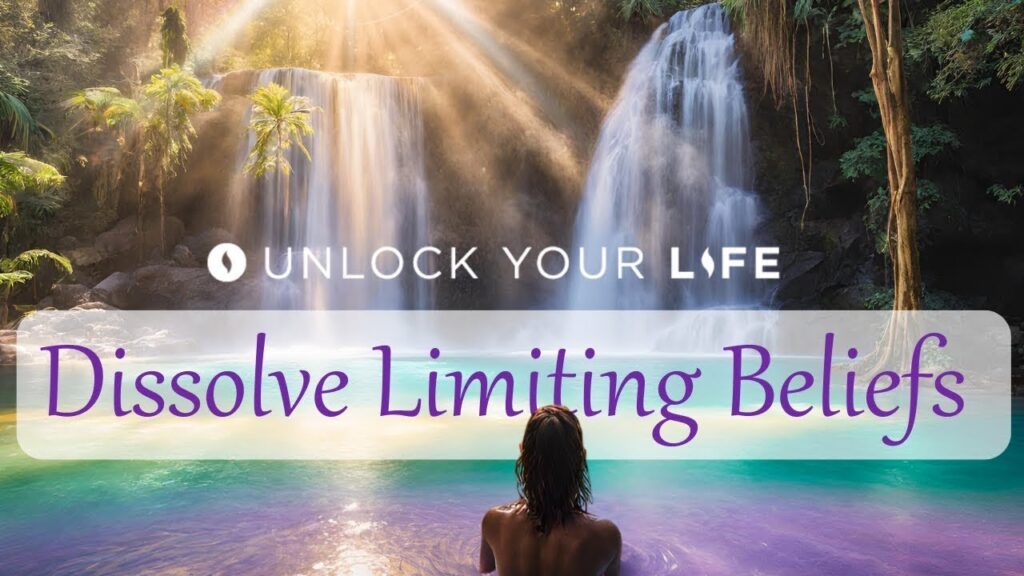
For instance, you might believe that you’re not intelligent enough to pursue your dreams, not talented enough to excel in your chosen field, or not worthy enough to deserve success and happiness. These limiting beliefs act as invisible chains, holding you back from reaching your full potential and living a life aligned with your true desires. They dampen your confidence, cloud your vision, and prevent you from taking bold steps towards your goals.
However, it’s important to recognize that these beliefs are not truths—they are simply interpretations of past events or messages absorbed from external sources. By acknowledging and challenging these beliefs, you can begin to break free from their grip and open yourself up to new possibilities.
What Happens When You Refuse To Unlearn?
When you refuse to unlearn, you cling to outdated beliefs and behaviors, limiting your growth and potential. Instead of embracing change, you remain stuck in old patterns, repeating the same mistakes and expecting different results.
Refusing to unlearn keeps you trapped in a cycle of stagnation and frustration. You resist new ideas and perspectives, shutting yourself off from valuable opportunities for learning and growth. Your fear of the unknown holds you back from exploring new possibilities, and your ego prevents you from admitting when you’re wrong.
Check This Blog: Power of Habits: 6 Habit Hacks To Boost Your Potential with Personal Growth
Moreover, refusing to unlearn hinders your relationships and interactions with others. You become closed-minded and judgmental, unable to empathize with differing viewpoints or understand diverse experiences.
In essence, refusing to unlearn is like clinging to a sinking ship—it’s only a matter of time before you’re pulled under by the weight of your own resistance. Embrace the power of unlearning, and watch as new horizons of possibility open up before you.
The Power of Awareness
The first step in unlearning limitations is becoming aware of them. It’s like turning on a light in a dark room, illuminating the beliefs and assumptions that have been hiding in the shadows. As you shine this light of awareness, you begin to see how these beliefs shape your thoughts, feelings, and behaviors. You realize that they are not truths but merely stories you’ve been telling yourself.

Awareness is the key that unlocks the door to personal transformation and growth. It’s the ability to observe our thoughts, emotions, and behaviors without judgment, allowing us to gain insight into ourselves and the world around us. When we cultivate awareness, we become attuned to the present moment, fully experiencing life as it unfolds.
With awareness, we can recognize the patterns and habits that shape our lives, both positively and negatively. We become more mindful of how our thoughts influence our actions and how our emotions affect our well-being. This heightened awareness empowers us to make conscious choices, rather than reacting on autopilot.
Check This Blog: Nurturing Self-Love : 5 Tips To Setting Healthy Boundaries for Your Well-being
Moreover, awareness fosters empathy and understanding, deepening our connections with others and promoting harmony in our relationships. By embracing the power of awareness, we can navigate life’s challenges with grace and resilience, leading to greater fulfillment and happiness.
Challenging Assumptions
Challenging assumptions is the cornerstone of personal growth and development. Assumptions are the unconscious beliefs and expectations we hold about ourselves, others, and the world around us. Often formed based on past experiences or societal norms, assumptions can create limitations and biases that hinder our progress.
With awareness comes the courage to challenge your assumptions. You question the validity of your beliefs, asking yourself: Is this belief serving me? Is it based on fact or fear? You start to unravel the stories you’ve been telling yourself, recognizing that they are just interpretations of past events, not concrete realities.

However, by challenging these assumptions, we open ourselves up to new possibilities and perspectives. It involves questioning the validity of our beliefs and being open to alternative viewpoints. When we challenge assumptions, we cultivate a mindset of curiosity and flexibility, allowing us to adapt to change and overcome obstacles more effectively.
Moreover, challenging assumptions fosters creativity and innovation, as it encourages us to think outside the box and explore new ways of doing things. By embracing uncertainty and embracing the unknown, we can break free from the constraints of our assumptions and unlock our full potential.
Embracing Vulnerability
Unlearning limitations requires vulnerability—the willingness to acknowledge your fears and insecurities. It’s about facing the discomfort of uncertainty and stepping into the unknown. As you embrace vulnerability, you realize that it is not a sign of weakness but a catalyst for growth. It opens the door to new possibilities and allows you to connect more deeply with yourself and others.
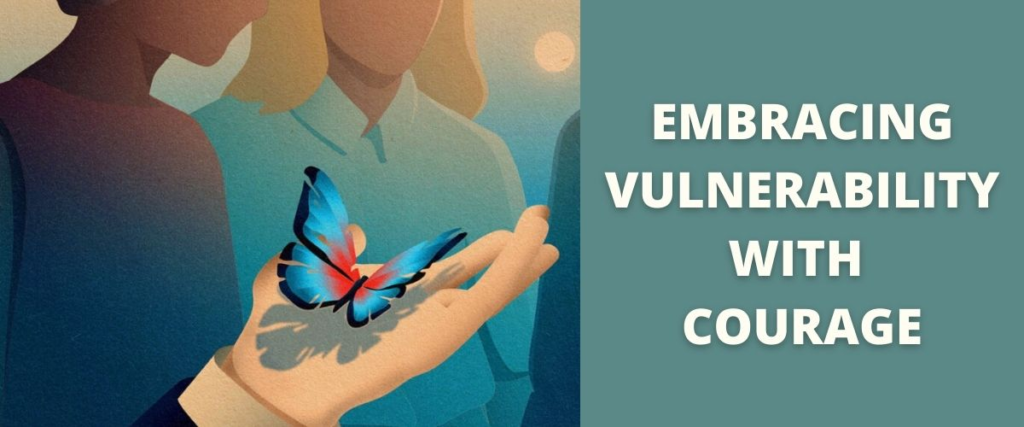
Embracing vulnerability is a powerful act of courage and authenticity. It involves allowing ourselves to be seen, flaws and all, without fear of judgment or rejection. When we embrace vulnerability, we open ourselves up to the full range of human experiences, including joy, love, and belonging, as well as pain, sadness, and disappointment. By allowing ourselves to feel vulnerable, we become more resilient in the face of challenges and setbacks.
Check This Blog: Embracing Your Inner Child: 5 Awesome Steps Journey to Lasting Self-Love
Moreover, embracing vulnerability allows us to cultivate empathy and compassion for ourselves and others. It encourages us to be honest about our struggles and to seek support when needed. Ultimately, embracing vulnerability is a transformative journey that leads to greater authenticity, connection, and fulfillment in our lives.
Cultivating Self-Compassion
In the process of unlearning, it’s essential to cultivate self-compassion. You recognize that you’re not alone in your struggles—that everyone grapples with limiting beliefs from time to time. Instead of beating yourself up for having these beliefs, you offer yourself kindness and understanding. You remind yourself that you are worthy of love and acceptance, regardless of your perceived flaws.

Cultivating self-compassion is an essential practice for nurturing our well-being and fostering resilience in the face of life’s challenges. It involves treating ourselves with kindness, understanding, and acceptance, especially during times of difficulty or failure.
Self-compassion is about recognizing that we are human, and like everyone else, we make mistakes and experience setbacks. Instead of being overly critical or judgmental, self-compassion encourages us to offer ourselves the same warmth and care that we would give to a friend in need.
When we cultivate self-compassion, we become more resilient in the face of adversity. We learn to bounce back from setbacks with greater ease and grace, knowing that we are worthy of love and acceptance regardless of our flaws or imperfections.
Moreover, self-compassion fosters a sense of inner peace and contentment. It allows us to embrace our humanity fully, with all its complexities and contradictions, and to live with greater authenticity and joy.
Practicing Mindfulness
Practicing mindfulness can transform your life in profound ways. By intentionally focusing on the present moment without judgment, you cultivate a sense of inner peace and clarity amidst life’s chaos.
Check this Blog: Self-Love: 6 Fearless Paths to Embrace Yourself
Mindfulness is a powerful tool for unlearning limitations. It involves being present in the moment, observing your thoughts and emotions without judgment. Through mindfulness practices like meditation and deep breathing, you learn to detach from your limiting beliefs, allowing them to pass like clouds in the sky. You cultivate a sense of inner peace and clarity, enabling you to make choices aligned with your true desires.

Incorporating mindfulness into your daily routine allows you to observe your thoughts and emotions without getting caught up in them. This awareness empowers you to respond to situations with calmness and compassion, rather than reacting impulsively.
Moreover, mindfulness has numerous benefits for your mental and physical well-being. Regular practice can reduce stress, anxiety, and depression, while improving sleep quality and enhancing resilience.
You don’t need to spend hours meditating to reap the benefits of mindfulness. Simple practices like mindful breathing or mindful walking can make a significant difference in your daily life. With dedication and consistency, mindfulness becomes a powerful tool for living with intention, joy, and presence.
Reimagining Possibilities
Reimagining possibilities opens up a world of potential for you. It’s about breaking free from the constraints of your current reality and daring to dream bigger and bolder.
Check This Blog: Personal Growth – 5 Techniques To Discover Yourself
As you let go of limiting beliefs, you open yourself up to a world of infinite possibilities. You start to see challenges as opportunities for growth, failures as stepping stones to success. You reimagine your goals and aspirations, daring to dream bigger and bolder than ever before. With each step forward, you feel a newfound sense of freedom and empowerment, knowing that you are the author of your own story.
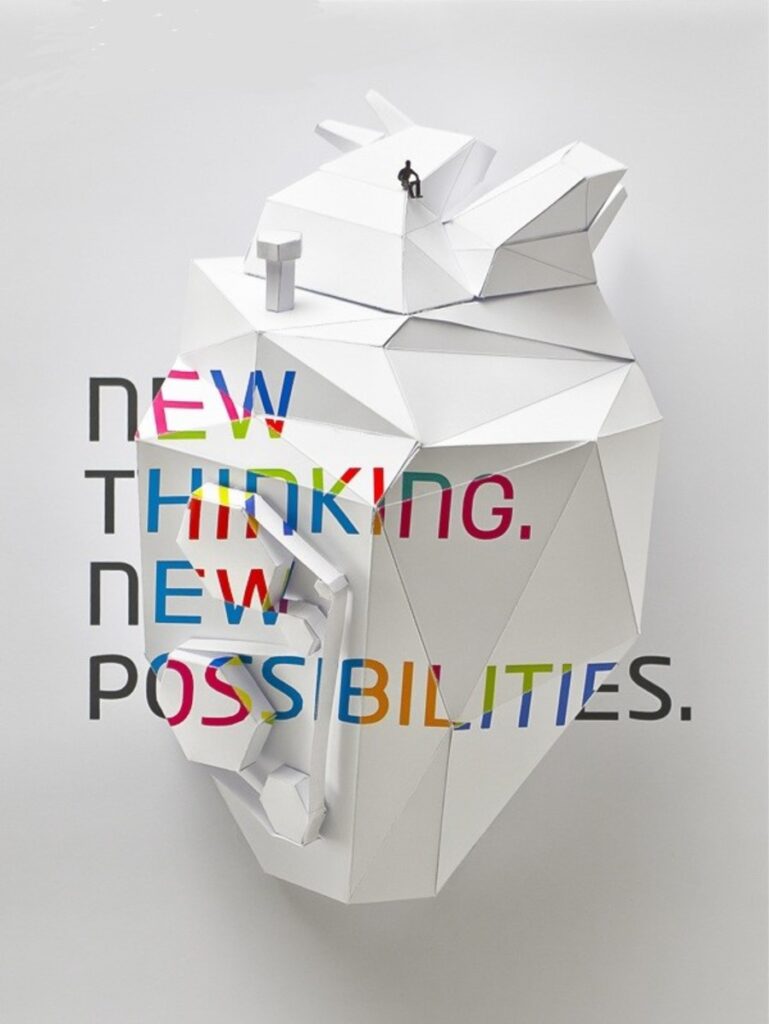
When you reimagine possibilities, you shift your perspective from limitation to opportunity. Instead of seeing challenges as roadblocks, you view them as stepping stones to success. You embrace the unknown with excitement, knowing that it holds endless possibilities for growth and fulfillment.
Moreover, reimagining possibilities ignites your creativity and innovation. You start to think outside the box, exploring new ideas and solutions that were previously unthinkable. With each new possibility you envision, you gain a renewed sense of purpose and excitement for the future.
Whether it’s pursuing a new career path, starting a passion project, or embarking on a new adventure, reimagining possibilities empowers you to create the life you truly desire. So dare to dream, and watch as the world unfolds before you with endless opportunities.
How do you unlearn? Here are the steps:
Unlearning, much like learning, is a comprehensive process. It demands mental flexibility and patience and may feel overwhelming. Balancing new knowledge with letting go of old knowledge can be challenging. Thus, when embarking on the journey of unlearning, it’s vital to stay focused on the ultimate objective: growth.
Acceptance:
The initial step in unlearning is acceptance. We must acknowledge that the models, systems, and processes that served us in the past no longer yield the same results. In fact, they may no longer sustain us in our current circumstances. Therefore, the sooner we accept that these methods are ineffective, the sooner we can progress beyond them. Learning to unlearn entails recognizing that what once worked is now obsolete. It’s a signal to begin the process of learning anew if we wish to stay ahead in the game.
Discover Sources for Learning and Unlearning:
The next step in unlearning is discovering sources for learning and relearning. It’s crucial to understand that unlearning involves creating opportunities for new learning. When we eliminate old habits or processes, they need to be replaced with fresh knowledge. Cultivating curiosity becomes essential in this journey of relearning. As we explore new avenues, we uncover fresh perspectives on old challenges. This openness enables us to experiment and explore as we embrace the process of relearning.
Be Open To New Experiences and Knowledge
The third step in unlearning involves being open to new experiences and knowledge. Once we identify the patterns we’re stuck in, we must find ways to break free from them. It’s essential to interrupt our existing thought patterns and concentrate solely on integrating new ones into our mindset. This step demands a commitment to learning to unlearn, allowing room for relearning to take place. It requires immersing ourselves in the new to let go of the old ways of thinking.
Conclusion:
The journey of unlearning is not easy—it requires courage, patience, and self-reflection. But as you release the grip of limiting beliefs, you create space for growth, creativity, and joy in your life. You discover that true liberation comes not from holding on but from letting go. So, embrace the power of unlearning, and watch as your life transforms in ways you never thought possible.
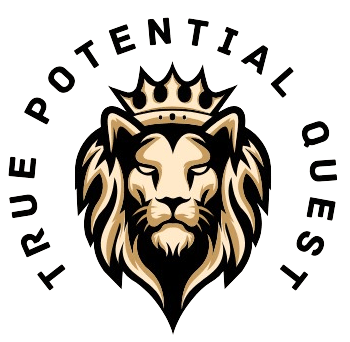

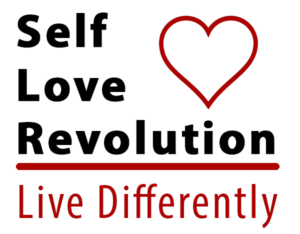
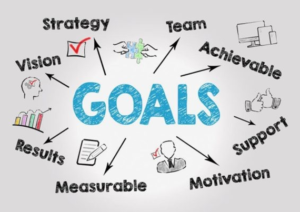
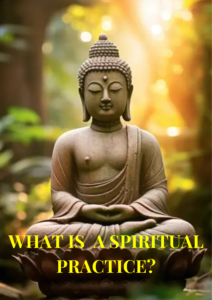
Pingback: Unlocking Success: 3 Powerful Techniques to Purposeful Goal Setting - True Potential Quest
Pingback: Habit Blueprint: 15 Steps to Crafting Your Best Self - True Potential Quest
Pingback: Boosting Confidence: 7 Strategies to Reclaim Your Success - True Potential Quest